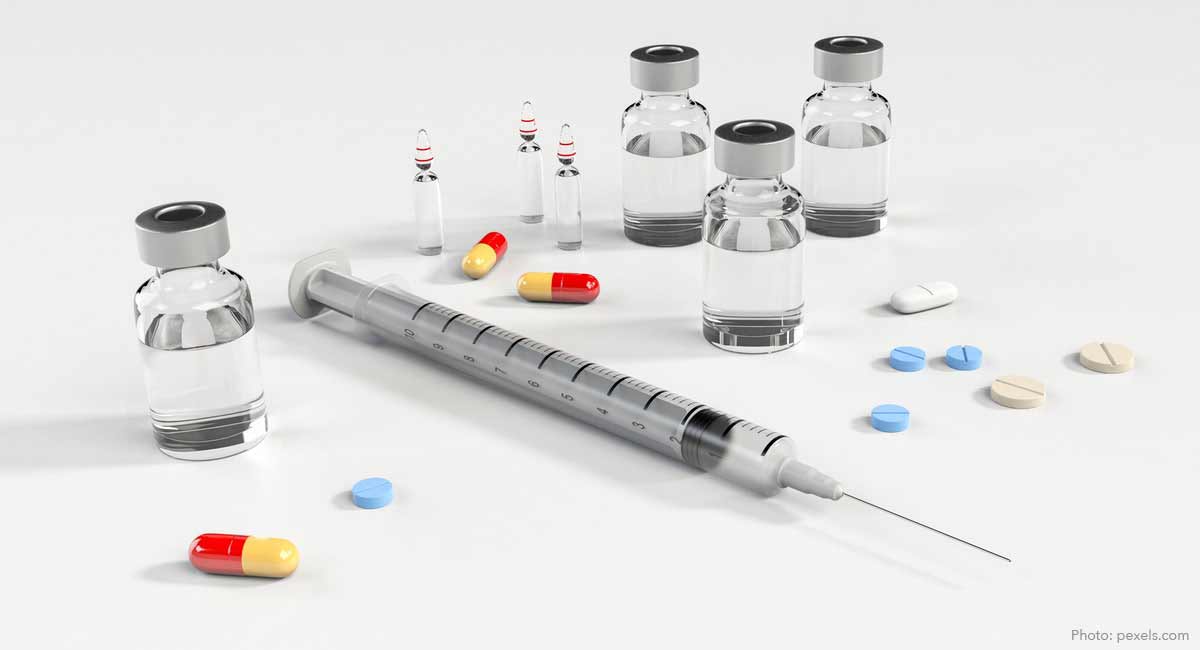(LifeSiteNews) Assisted suicide is not a “quick, peaceful death without serious complications,” two physicians wrote in MD Magazine, warning that it can take up to four days for a person to die after ingesting lethal drugs.
In an article published earlier this month, Dr. Ronald W. Pies and Dr. Annette Hanson dismantled 12 common myths about the euphemistically-labeled practice of “medical aid in dying” – doctors prescribing deadly drugs to patients so they can kill themselves.
Dr. Pies is a professor emeritus of psychiatry and lecturer on bioethics at State University of New York Upstate Medical University in Syracuse. Dr. Hanson is an assistant professor of psychiatry at the University of Maryland and at the Johns Hopkins University School of Medicine. She is also the director of the University of Maryland forensic fellowship program.
“A peaceful death is by no means guaranteed using current methods” of physician-assisted suicide (PAS or PAD, “physician-assisted dying”), they wrote, pointing to a New England Journal of Medicine article that warned, “Physicians who support PAD need to consider how to address the potential for adverse outcomes, including longer time to death than expected (up to 24 hours or more), awakening from unconsciousness, nausea, vomiting, and gasping.”
READ: Canadian man: Doctors denied me health care and pushed euthanasia instead
Between 1998 and 2005, Pies and Hanson wrote, 27 out of 994 PAS cases “involved difficulty ingesting or regurgitating the drugs, and there were 6 known instances in which patients regained consciousness after ingesting the drugs.”
“However, it is difficult to know the actual rate of drug-induced complications, because in the majority (54%) of cases between 1998 and 2015, no health care professional was present to attend and observe the patient’s death,” they explained. Lack of a physician at the actual suicide also means “the possibility of abuse—eg, by coercive family members—cannot be adequately assessed.”
“Many patients who request assisted suicide are clinically depressed and could be successfully treated, once properly diagnosed,” the physicians explained, noting, “between 2008 and 2014, more than 200 psychiatric patients were euthanized by their own request in the Netherland.”
They also exposed the canard that only people with “terminal” illnesses are eligible for assisted suicide in the U.S.: “a healthy 20-year-old with insulin-dependent diabetes could be deemed ‘terminal’ for the purpose of Oregon’s Death With Dignity Act.”
“Autonomy” is only one factor to be considered in medical ethics, Pies and Hanson wrote, and it is a myth that “‘Death with dignity’ comes down to the patient’s autonomy and the right of patients to end life on their terms.”
“In the first place, under current legislation permitting so-called medical aid in dying, the patient is completely dependent on the judgment, authorization, and prescriptive power of the physician—hardly a state of autonomy,” they refuted. “Moreover, autonomy is just 1 of the 4 “cornerstones” of medical ethics; the others are beneficence, [nonmaleficence], and justice.”
Another prevalent myth about PAS is that it’s not actually suicide. That myth maintains that those seeking lethal drugs “are dying and simply want ‘hastening’ of an inevitable death. In contrast, genuinely suicidal people are not dying of a terminal condition, yet they want to die.”
READ: Horrific: 3 children in Belgium killed since child euthanasia was made legal
This argument “turns ordinary language on its head, thereby eliminating suicide by linguistic fiat,” the authors retorted:
This argument plays fast and loose with language, logic, and law. In fact, it turns ordinary language on its head, thereby eliminating suicide by linguistic fiat. As the American Nursing Association states, “suicide is the act of taking one’s own life,” regardless of the act’s context. There may indeed be different psychological profiles that distinguish suicide in the context of terminal illness from suicide in other contexts, but that does not overturn the ordinary language meaning of suicide. Thus, when a terminally ill patient (or any other person) knowingly and intentionally ingests a lethal drug, that act is, incontrovertibly, suicide.
Oregon, Washington state, California, Colorado, Vermont, Hawaii, and the District of Columbia have all legalized PAS. It is technically illegal in Montana, but doctors may use a defense of of consent if prosecuted.
The deadly practice has also been imposed on Canada, where doctors have already lobbied at least one sick, disabled 25-year-old patient to undergo it. Euthanasia deaths there have skyrocketed.
The euthanasia/assisted suicide situation is now completely out of control in the Netherlands and Belgium, where babies and children can be killed this way as well.
Editor’s Note: This article was originally published at LifeSiteNews and is reprinted here with permission.







